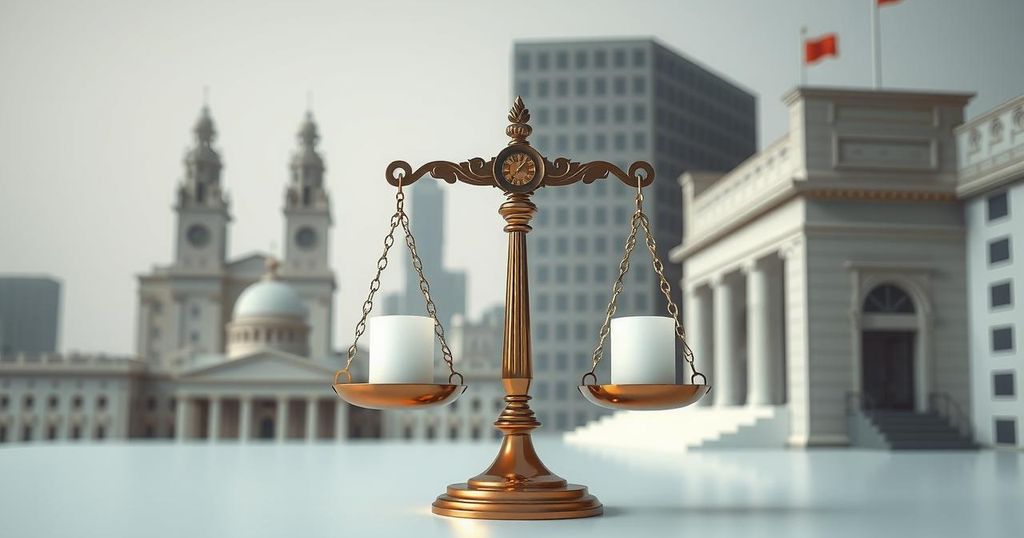Lebanon’s new leadership under President Aoun and Prime Minister Nawaf Salam may signify a decline in Hezbollah’s influence. Recent political changes and Hezbollah’s setbacks in the war with Israel suggest a potential shift in power dynamics. Promises of reform and unity echo among the new leaders as they confront the deeply rooted challenges within Lebanon’s political system.
Lebanon has recently appointed a new president and prime minister, generating discussions about Hezbollah’s potential decline in influence. Amid a political landscape that has often been stagnant, these changes prompt many in Lebanon to contemplate whether Hezbollah, historically the dominant force, has been weakened significantly. The recent political shifts and setbacks for Hezbollah raise questions about the group’s future role and power in Lebanon’s governance.
Hezbollah, a Shia political party and militia, has had significant control over Lebanese politics for the past twenty years. However, challenges in recent months, including a war with Israel and the weakening of its ally, the Assad regime in Syria, have led to a reassessment of its power. With new Lebanese leadership promising reforms, tensions are brewing regarding Hezbollah’s established authority and military presence.
The newly formed leadership in Lebanon, particularly under Prime Minister Nawaf Salam, symbolizes a shift away from traditional political structures and opens avenues for reform. Nevertheless, Hezbollah remains a critical player amid pressures to adapt to new governance dynamics. The challenges faced by Lebanon and the entrenched political system underscore the complexity of restoring accountability and governance, requiring both patience and strategic reform efforts to navigate this transformative era.
Original Source: www.aljazeera.com






